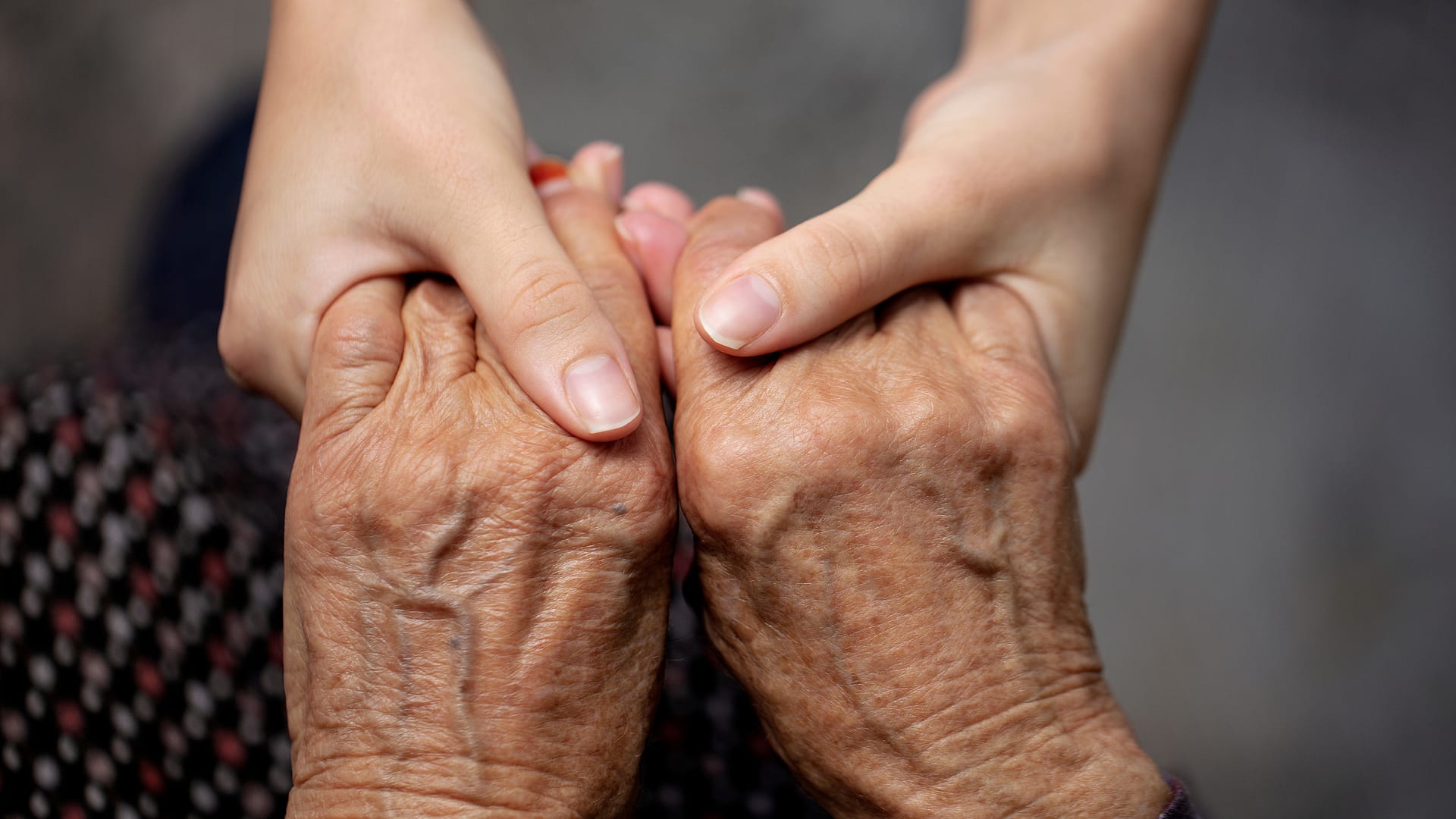Providing personal care for a loved one is one of the most intimate responsibilities a caregiver can undertake. Whether assisting with bathing, dressing, or other daily needs, ensuring their privacy and dignity remains intact is essential. The loss of independence that often comes with aging, illness, or disability can be difficult to process, but with thoughtful strategies and compassionate care, it is possible to make the experience more comfortable for everyone involved.
Respecting Boundaries Through Communication
Personal care in many cases might feel invasive, even when it’s necessary. Clear, respectful communication can make all the difference. Before assisting, explain what you’re about to do and give your loved one as much control as possible. For example, instead of declaring that bath time is now, try turning it into a question and ask if they’d like a wash and allow them some degree of choice in the matter. Offering choices helps them feel involved in, and more in control of, their own care.
If they are reluctant or embarrassed, reassure them with kind words. A calm tone and patience go a long way. For those with dementia or cognitive impairments, using familiar phrases and maintaining eye contact can help ease discomfort. Allowing time for them to process what’s happening and express their needs is also important; never rush or try to hurry them.
Creating a Comfortable and Private Environment
Respecting privacy isn’t just about words; it’s about actions, too. Small adjustments can make personal care more discreet and dignified:
- Always knock before entering their room, even if they require full-time assistance.
- Keep doors closed and curtains drawn to maintain a sense of security.
- Use towels or robes to cover exposed areas when assisting with dressing or bathing.
- If possible, allow them to complete as much of their routine independently as they can.
These seemingly small steps can significantly impact how your loved one feels during personal care routines.
Encouraging Independence Where Possible
Dignity thrives on independence. Encourage your loved one to do as much as they can for themselves, even if it takes longer. Adaptive tools like shower chairs, easy-to-use clothing, or grab bars can enhance their ability to participate in their care without full assistance.
Establishing a routine also grants a sense of control. If they know what to expect and when, it reduces anxiety and builds confidence. Try to maintain a consistent schedule for bathing, dressing, and grooming, ensuring they feel prepared and at ease.
Handling Sensitive Tasks with Empathy
Tasks like toileting and bathing can be particularly sensitive. Using professional yet warm language, maintaining eye contact, and providing clear instructions help maintain comfort. If they express embarrassment or distress, acknowledge their feelings. A simple “I understand this is difficult, but I’m here to help in any way that makes you most comfortable” can make a world of difference.
For individuals who feel uneasy receiving care from a family member, professional caregivers may be a good option. Trained in maintaining dignity and respect, they can often make personal care less emotionally complicated for both the individual and their loved ones.
The Well-Being of the Caregiver Matters Too
Caring for someone else does not mean neglecting yourself. Many family caregivers take on too much, leading to burnout. Accepting help whether from other family members, friends, or professional carers, isn’t a failure. It’s a way to ensure the best care for your loved one while preserving your own health and well-being.
Professional in-home caregivers can provide much-needed respite, allowing you to step back while ensuring your loved one continues to receive respectful and compassionate care. Even small breaks can make a significant difference in maintaining your energy and emotional resilience.
Dignity in Care: More Than Just a Task
At its core, personal care is about more than just completing necessary tasks, it’s about ensuring your loved one feels valued, respected, and comfortable. Every act of kindness, patience, and understanding reinforces their dignity, making the experience less clinical and more human.
If you’d like to learn more about how we can support your family with compassionate, dignity-centred care, get in touch for a personalised consultation. Together, we can create a care plan that prioritises comfort, respect, and quality of life for your loved one.



